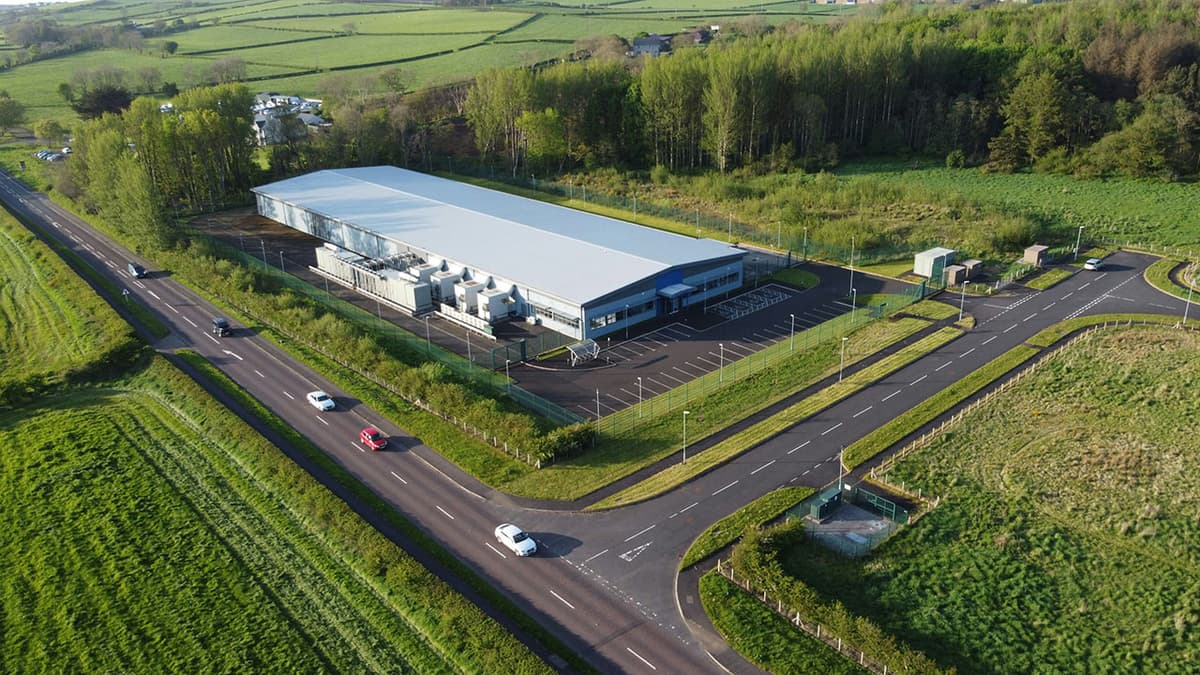How to Structure Your React Native Boilerplate for Maximum Efficiency
Starting new React Native projects repeatedly can be time-consuming. A solid boilerplate can save you hours of setup and streamline your development process. This article will show you how to structure your React Native boilerplate for efficiency, allowing you to kickstart your projects effectively.
Why Use a Boilerplate?
Using a boilerplate provides a starting point for your projects, including essential configurations, dependencies, and best practices. The benefits of utilizing a boilerplate include:
- Save Time: Avoid repetitive configuration setups.
- Maintain Consistency: Ensure a uniform code style and architecture across projects.
- Improve Productivity: Shift focus to feature development instead of initial setup.
- Utilize Best Practices: Leverage established code practices and configurations.
Choosing the Right Structure
The structure of your React Native boilerplate significantly impacts the efficiency and maintainability of your projects. A well-thought-out structure should typically include these components:
1. Folder Organization
Organize your project into logical folders to keep related files together. A suggested structure is:
Bash
2. Components and Screens
Separate components and screens to clarify the distinction between presentational components and application views.
3. Navigation Setup
Implement a centralized navigation setup for efficient screen transitions. Libraries like React Navigation can assist with this.
4. Service Integration
Create a dedicated folder for integrating services such as API clients, authentication, and storage management to encapsulate related logic.
5. Utilize Helper Functions
Establish a utils folder for helper functions that are reusable throughout your application. This promotes code reusability and maintainability.
Essential Dependencies
Include dependencies that enhance your development experience. Key dependencies to consider are:
- Babel: Supports modern JavaScript features and syntax.
- ESLint: Enforces code quality and consistency.
- Prettier: Formats code for a consistent style.
- Jest: Provides testing capabilities for robust code.
- Redux: Efficiently manages application state.
Managing Configurations
As your project grows, manage configurations effectively. Create a centralized config folder to store environment-specific configurations, API endpoints, and other settings. This allows easy switching between development, staging, and production environments.
Encouraging Code Reusability
Promote code reusability by breaking down complex logic into reusable components, hooks, or utilities. Abstracting common functionalities can reduce duplication and enhance project scalability. Utilize React hooks to encapsulate stateful logic and share it across components.
Continuous Integration and Deployment
Incorporate continuous integration and deployment pipelines into your React Native boilerplate. This automation streamlines testing, building, and deployment processes. Platforms like GitHub Actions, Bitrise, or Jenkins can enhance your development workflow.
Structuring your React Native boilerplate effectively and including essential dependencies and practices can elevate your development process. A well-organized boilerplate saves time and fosters code consistency and scalability in your projects.












